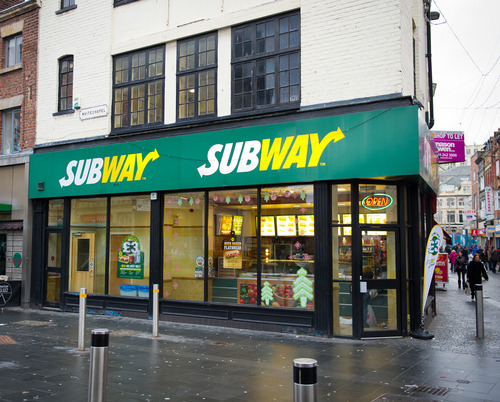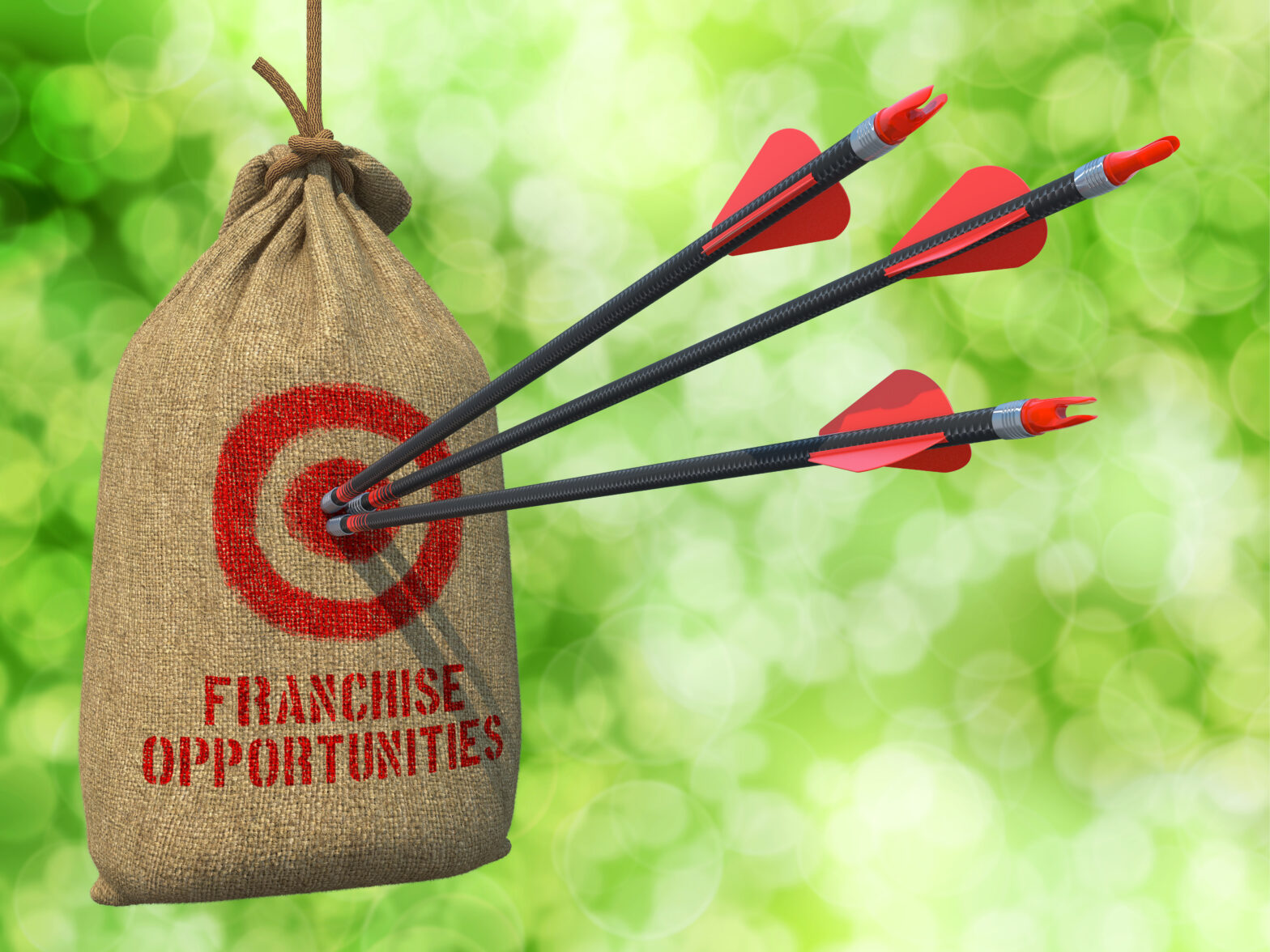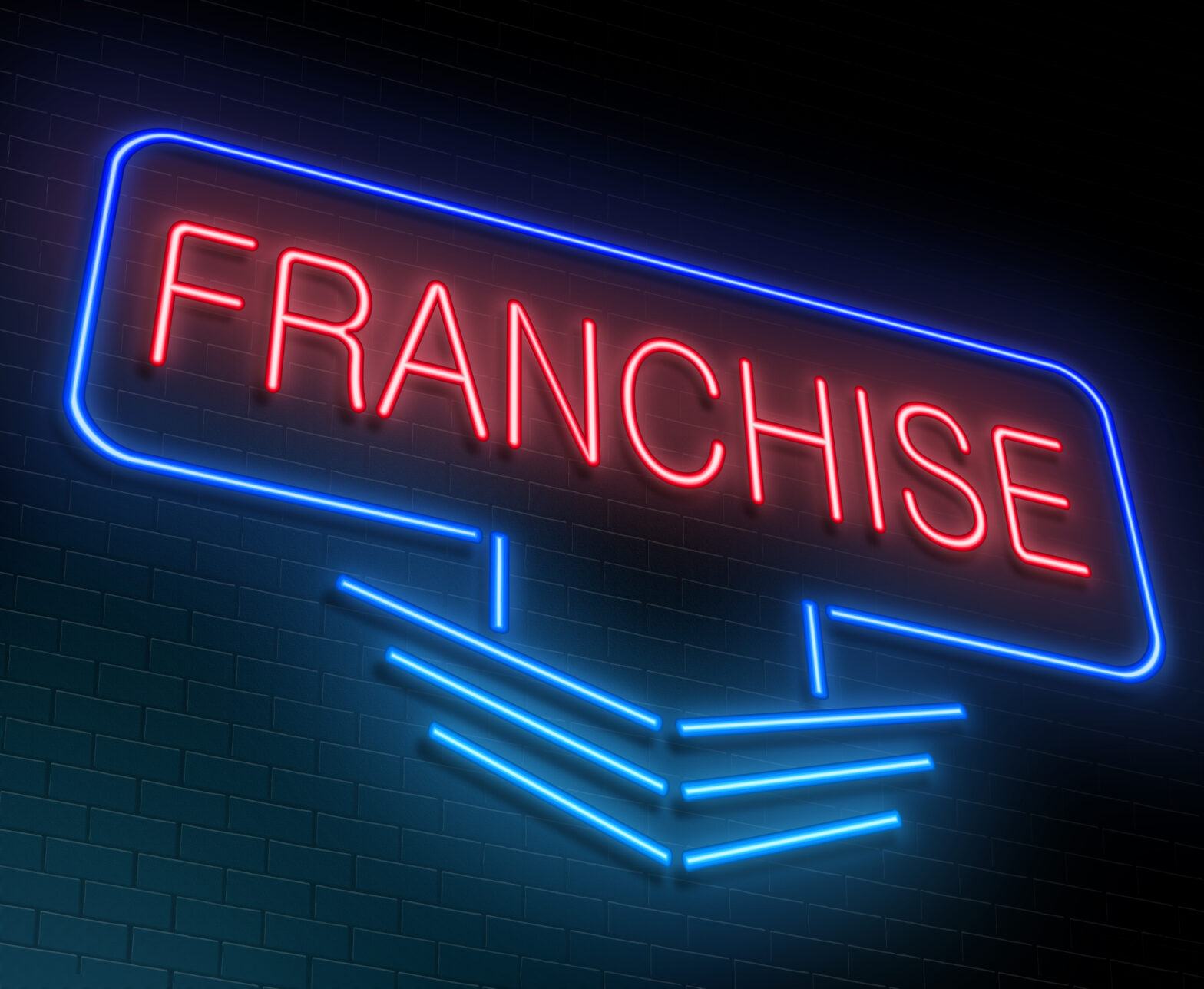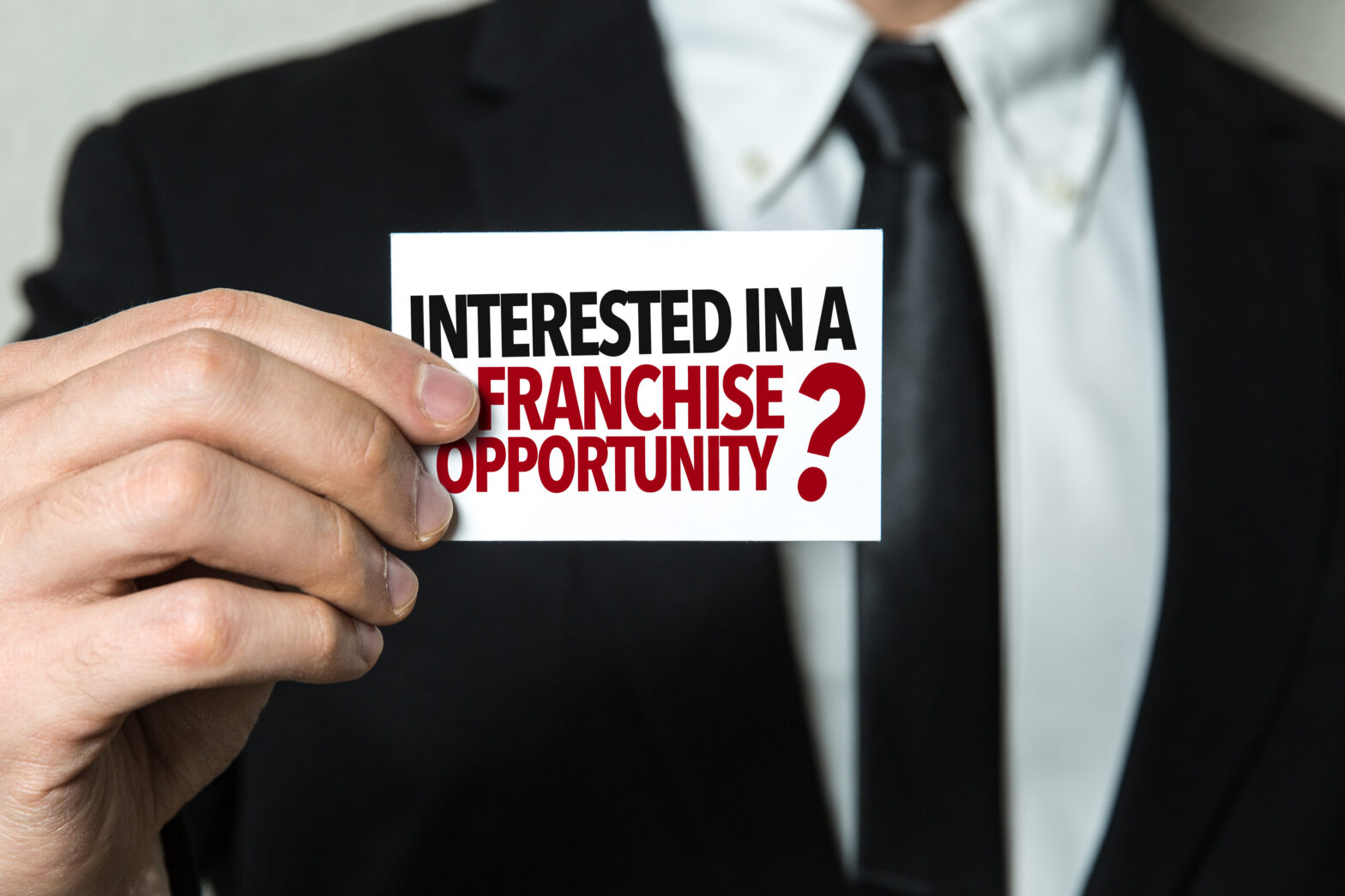Coming up with a list of well-known franchises is no difficult task and most of us can probably guess that Subway is a leading proponent on the list of the more well known brands. But the reality is that there are hundreds of businesses right here in the UK that have grown using franchising – in most industries and sectors. Tens of thousands of individual franchise outlets exist right here on our doorstep, we just don’t know how to tell them apart from non-franchise businesses.
If you are looking to expand your knowledge on what and how franchise works, you’re reading the right article, as the aim is to discuss the topic from a franchisee’s point of view.
In fact, franchising is not complicated to understand at all – it includes two parties, a franchisor and a franchisee, where the one sells a proven business idea to the latter, along with a number of supporting materials and resources. The franchisee essentially wants to run an identical business but in a different, defined geographical area.
Bottoms up
Starting a business from the bottom up comes with a significant amount of risk, whereas franchising which is proven to be less risky since the idea, market demand, processes and effective marketing are already established – meaning that a lot of the uncertainty of a normal start-up is eliminated. A one-off fee is paid to the franchisor, by you, the franchisee, where you are basically purchasing the right to run the business in your preferred region. This grants you the right to utilise the brand name, receive training and support and use all the proven procedures and practices the business already has stored in its arsenal.
In exchange for the initial fee, the franchisor is expected to provide things like equipment or vehicles, stock, all necessary documentation, systems, software and operating procedures, as well as training for the franchisee and any new employees – everything you need to get going. As well as that one-off fee, franchisees are expected to pay an on-going percentage of the business’s sales to the franchisor, though usually some of that money, which is collected from all franchisees, is used for marketing purposes across the franchising network. So, although you, as the franchisee, are paying a fee from your business profits, you are getting your own business that has a good chance of success and a proven formula to follow.
And then there was paperwork
As a franchisee you operate independently, but you are still responsible for all the financial and tax regulations attached to any business and even though the intention is to be fully compliant, it can be a daunting process. So much time is wasted dealing with all the paperwork and less time is spent on trying to grow the brand and business itself.
First time business owners are often quite intimidated by the sheer volume of regulations, paperwork and decisions that need to be made for their new venture. Various things need to be dealt with like: business structure; forming a company, registering with HMRC/Companies House, VAT schemes, insurance, banking, tax planning, life cover, and pensions.
Related: Writing a franchise business plan: 11 things you need to include
When the business is finally in operation, there are still heaps of things that need to be done – payslips, tax and NI deductions, monthly payroll returns, directors’ loans, dividends, VAT returns, company returns, annual accounts, corporation tax, and self-assessment returns are some of the things you will find on your to-do list.
You can make life simpler
As with everything else these days, the solution is to get online. Processes become quick and efficient, leaving you in a comfortable place to manage your franchise. Opting for an online accountancy solution can prove to be very cost-effective as the initial set up can take less than 24 hours. You can get automatic and instant access to all your finances, with no down time between updating the information or while your accountant deals with all the necessary submitting and filing. Making things simpler like this means valuable time is saved as you can focus on financial planning and budgeting – or making sure you have enough on the side for taxes.
Traditional accountancy support can be paired with your online accountancy solution as this way you will maximise support and efficiency. Advice and planning will all come at a much lower cost than what another franchisee would typically rack up in accountancy fees.
Without technology our lives would be totally different than they are right now, and the same goes for our business. A process that is traditionally seen to be quite difficult and uncomfortable now seems relatively seamless as franchisees can stay compliant and have access to support whenever it is needed when it comes to their finances. Admin tasks no longer have to be a weight on your shoulders and as a franchisee you can focus on the growth of your franchise without worrying that you will get an unpleasant visit from the tax man demanding for his overdue payment.





